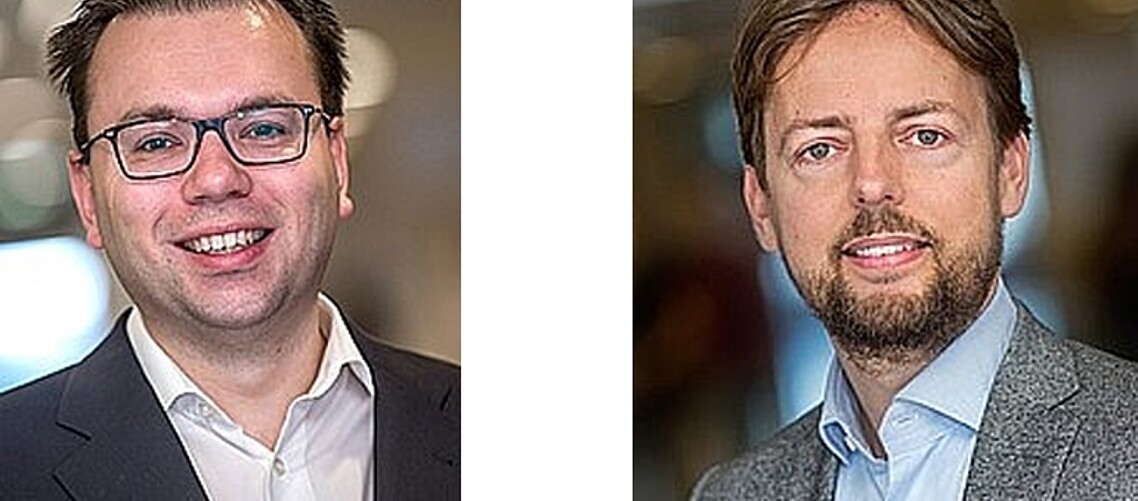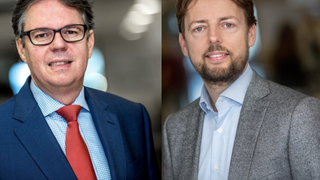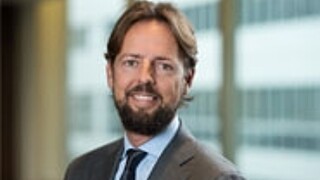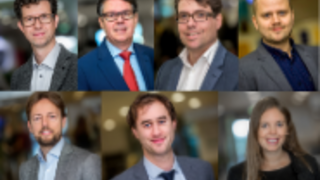The first project involves ‘Climate change and long-horizon portfolio choice: combining theory and empirics’ with Dr Mathijs Cosemans, Prof. Mathijs van Dijk, and PhD candidate Xander Hut. The second project will answer the question ‘Do more sustainable companies perform better during the corona crisis?’. This is a collaboration between Prof. Mathijs van Dijk and Prof. Gianfranco Gianfrate (EDHEC Business School).
Netspar Topicality Grant
Netspar is a think-tank and knowledge network dedicated to promoting a better understanding of the economic and social impact of pension systems, aging populations, and retirement. The grant was awarded by the Netspar board following a positive advice of the Partner Research Council, which consists of academics and professionals working in the pension fund and insurance sector.
Project 1: Climate change and long-horizon portfolio choice: combining theory and empirics
Pension funds are increasingly focusing on sustainable investment strategies, not only to have a positive impact on society, but also because they are aware that environmental factors can pose large investment risks. But despite their efforts, these investors still struggle to fully grasp the potential impact of climate change on the value of their portfolio and are searching for better approaches to quantify these risks.
Dr Mathijs Cosemans, Prof. Mathijs van Dijk and Xander Hut aim to measure the impact of climate change on long-horizon risks in financial markets and to study how these risks affect the portfolio choice of long-term investors such as pension funds. Their research combines recent insights from economic theory with advanced statistical methods to model the relation between climate change and long-term risk and return in financial markets. This enables them to give guidelines to pension funds and other long-term investors for managing their exposure to climate risk. For example, their approach will allow investors to compute the optimal share of green assets that balances the exposure to climate risk with the investment returns needed to pay pension benefits to retirees.
Project 2: Do more sustainable companies perform better during the corona crisis?
The COVID-19 crisis has disrupted societies and economies around the world. As a result, global stock markets have tanked in the first quarter of 2020. For pension funds, these major stock market drops – in combination with a further decrease in interest rates – have had serious consequences as their ‘funding ratio’ has declined, reigniting discussions about possible cuts in pension payments (NRC, 2020).
Various recent articles in the financial media (FD, 2020; IEXprofs.nl, 2020) suggest that more sustainable (or responsible) companies showed better stock market performance during the corona crisis. These articles argue that more sustainable companies are better able to weather the crisis because they are more conscious about their supply chains, have better health and safety policies for their employees, are better governed and more transparent, and in general have better risk management systems in place.
If these arguments are backed up by thorough analyses, they could have important implications for current and future investment and risk management strategies for institutional investors such as pension funds, especially in the context of the increasing emphasis that many such investors place on sustainable investing. The goal of this project by Prof. Mathijs van Dijk and Prof. Gianfranco Gianfrate is to carry out a thorough, comprehensive analysis of the question whether more sustainable companies perform better during the coronavirus crisis.




